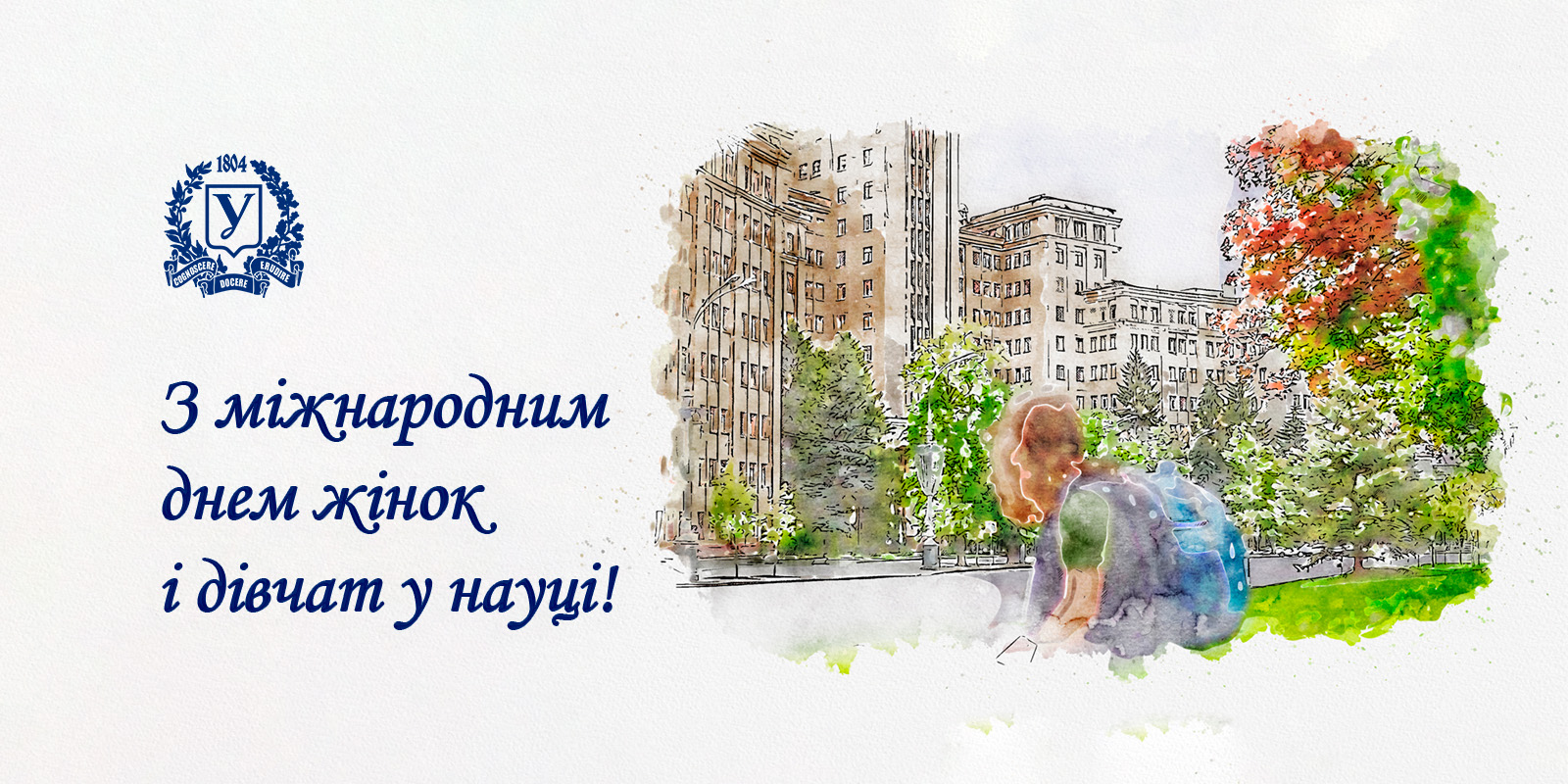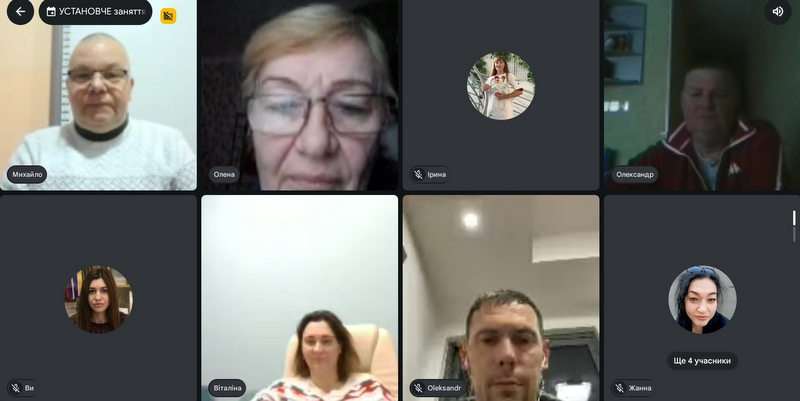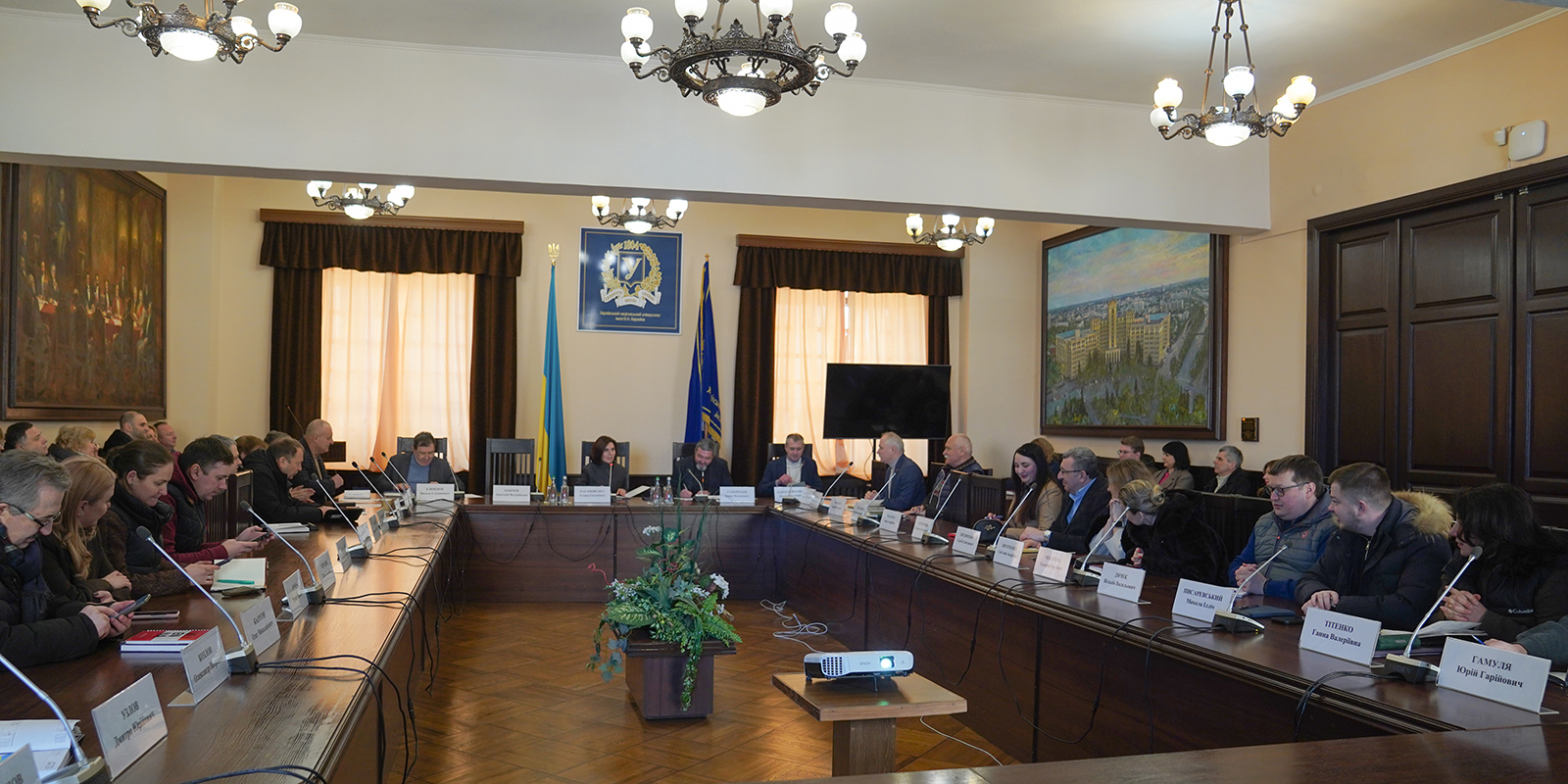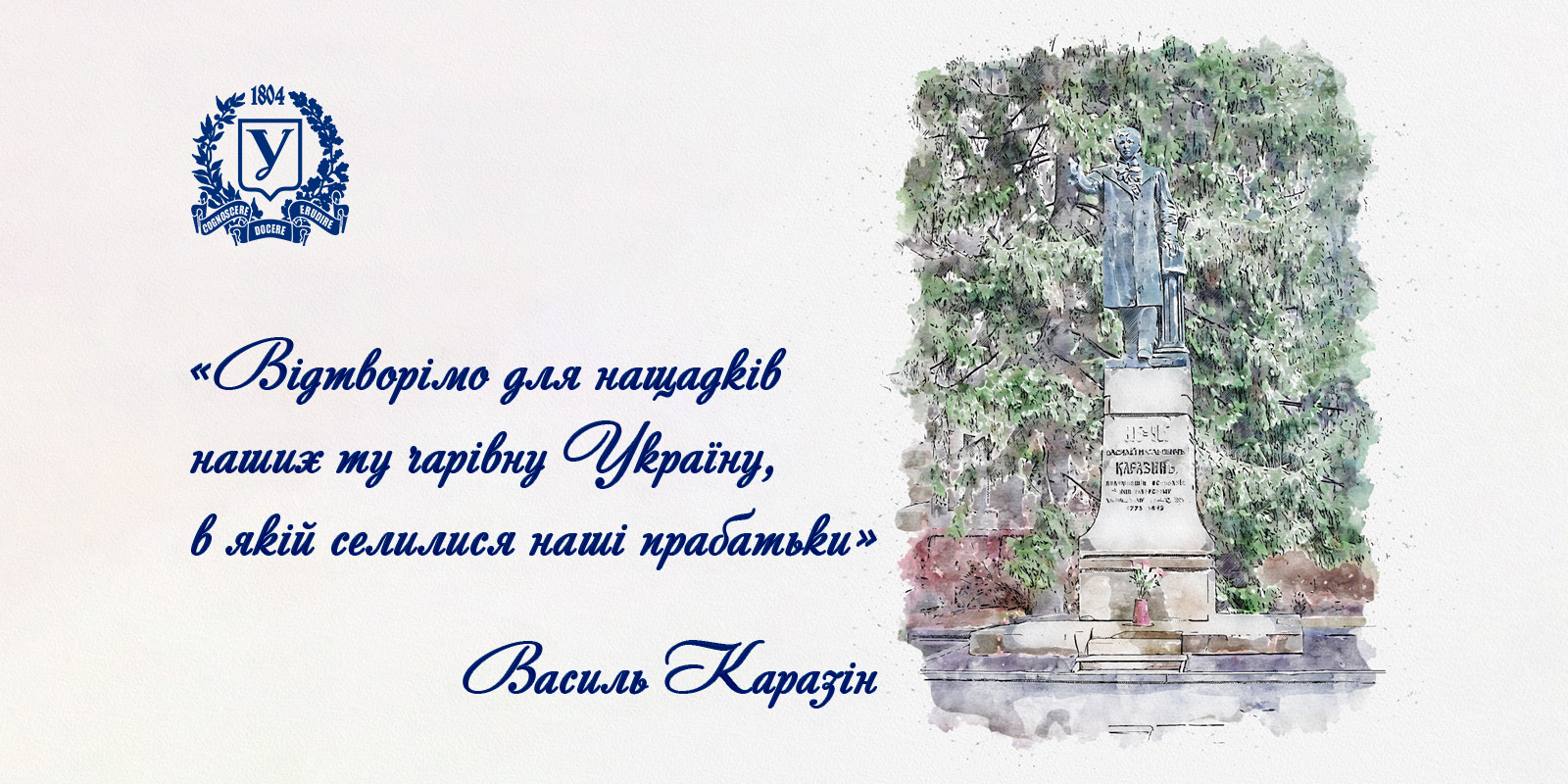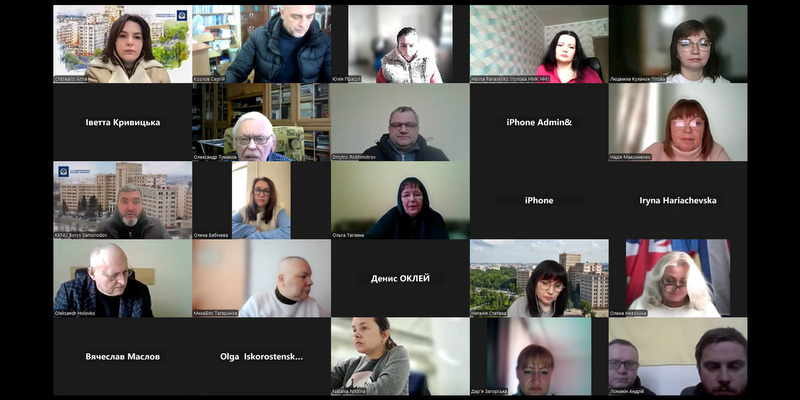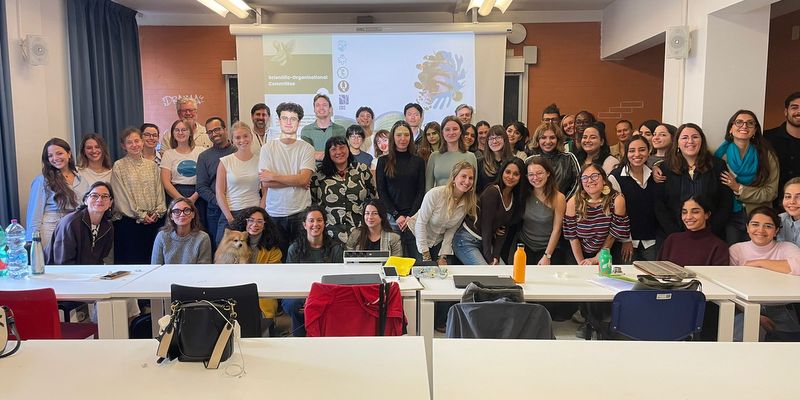Week of Independence at Karazin University
%20(1).jpg)
Today, more than ever, we understand the importance of discussing history, as our country defends its Independence with arms in hand. As it was noted by the organizers of the event, during Independence Week, lecturers and participants recollect our predecessors who made a significant contribution to the history of Ukraine, particularly those who did it in Kharkiv region.
Independence Week began on August 22 with an open lecture by Olga Vovk, the Deputy Director of the Center for Ukrainian Studies and Local History named after Academician P.T. Tron'ko, a specialist in historiography, source studies, local historical studies, and historical biography. ‘’Christina Alchevska, a tireless advocate in the field of public education.’’ The lecturer told about the life journey of the educator and enlightener, a fervent advocate of women's education, who was called a noblewoman dressed in ‘’the attire of common folk’’, and who had special connections with Kharkiv University.
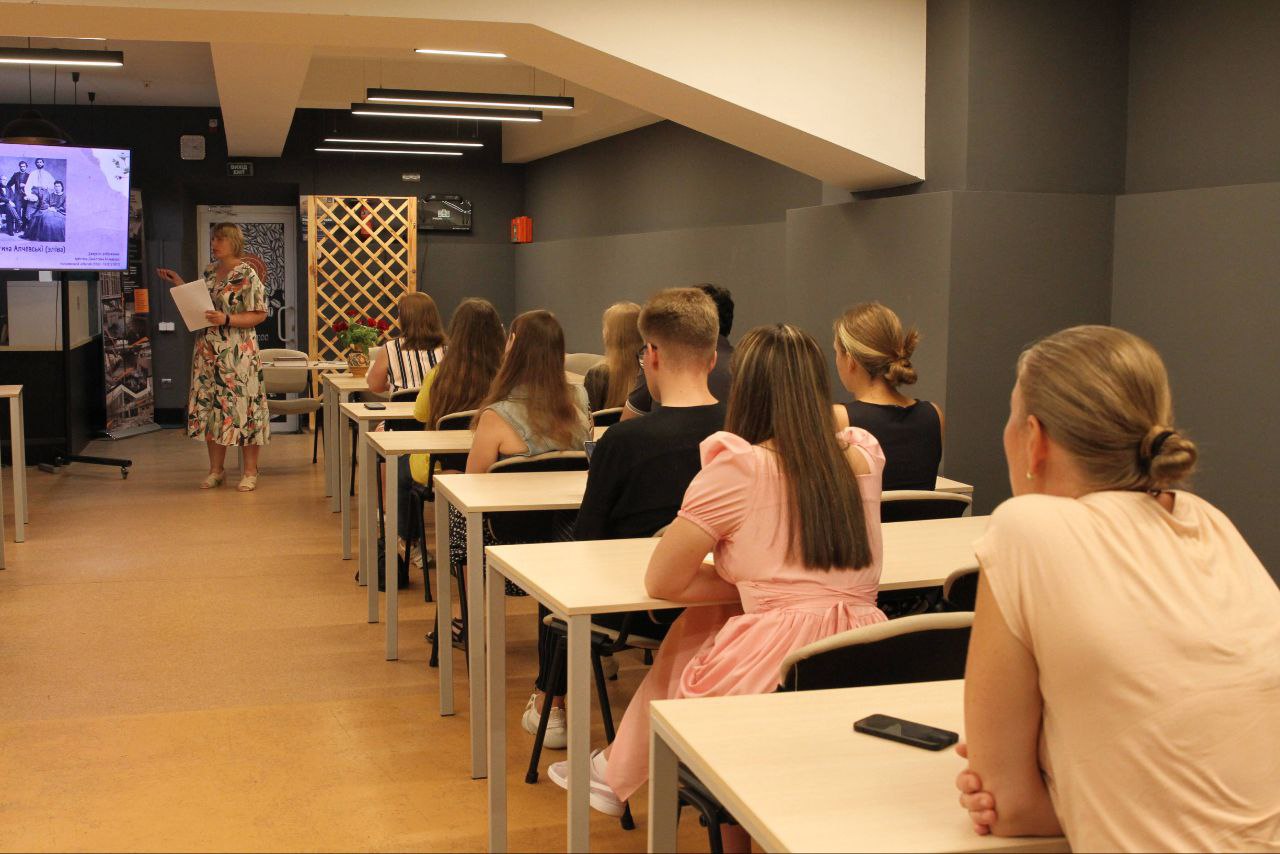
Olga Igorivna believes that a good education is an investment in the future. During the lecture, she quoted Hryhoriy Skovoroda: "Every person has an idea 'X.' My idea was to educate as many girls as possible. Women's education is necessary to become more independent socially, to have the ability to work for oneself, to provide for oneself and one's family."
.jpg)
The second day was dedicated to a lecture by the head of the Educational Laboratory of Historical Informatics, Associate Professor of the Department of Ukrainian History, Yevhen Zakharchenko, titled "Independence of Ukraine: How We Write and Shape History."

In search of answers to questions about who the Ukrainians were who fought for independence, whether nation and statehood are identical components, and how Independence was actually established, Yevhen Yuryiovych expressed the view: "Between the past as an actual event and what we read and see, there is a certain lens that can influence our views. We must keep in mind that our understanding of events is not necessarily how they truly happened, but rather how they were documented in sources and interpreted by historians. Also, our perception relies on a specific version of history."
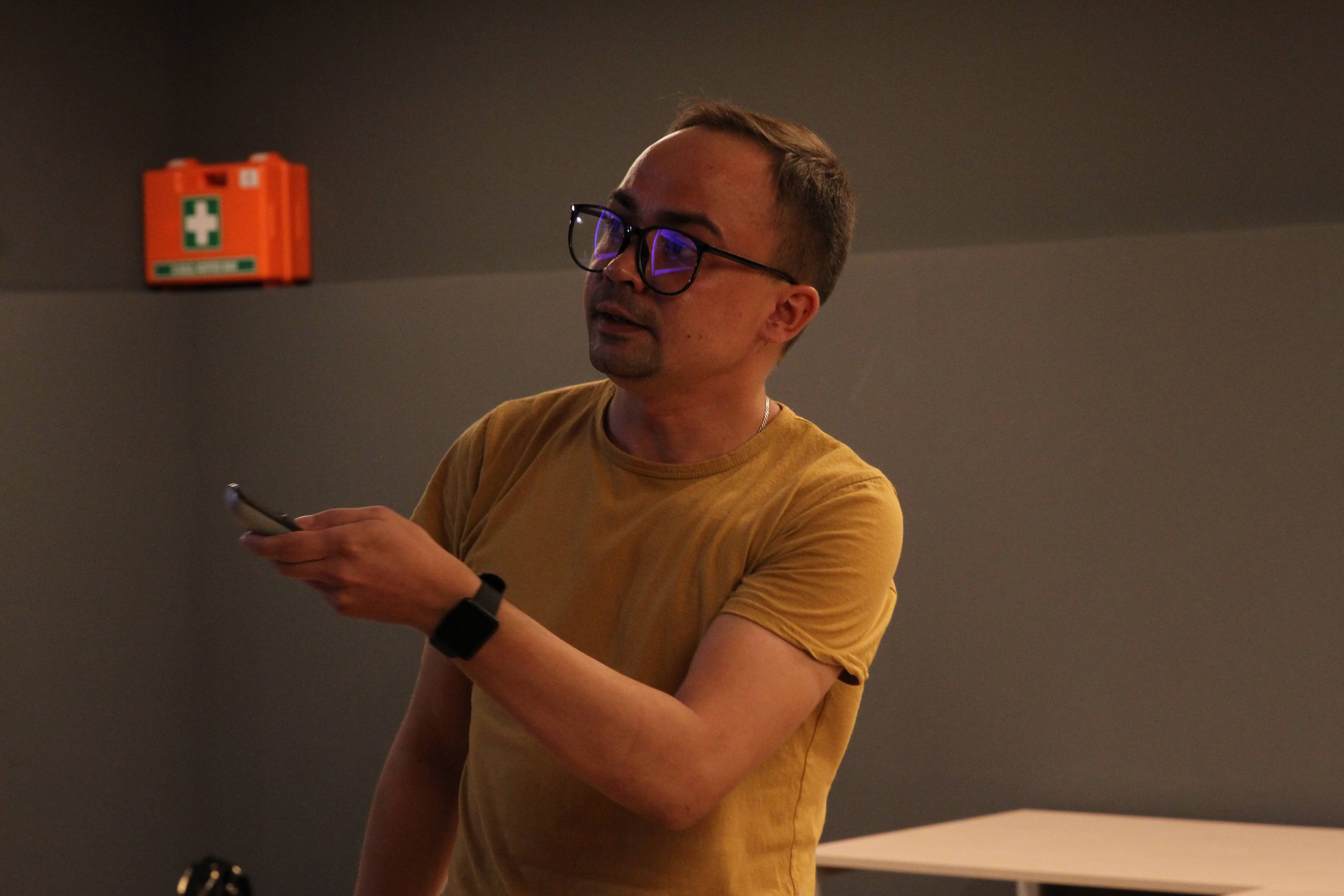
Historian, translator, curator of the excursion project "Discover Karazin University," Head of the International ratings of the Center for Public Relations of Karazin University, and expert in the field of university education history, museology, and translation studies, Marina Hryhorieva, started the midpoint of the week. The lecturer spoke on the topic "Just to struggle is to live: Reflections on the university's mission in times of war."

During the lecture, they discussed that the war for freedom has always been fought even within university classrooms, and the university has always been and remains a carrier of diverse scientific, and cultural ideas, and European democratic values.
Currently, in the midst of full-scale war, the university's mission is much broader than just "education." The university should shape the politics of memory so that each fallen warrior remains in history.
Independence Week concluded with two events at the University's Archaeology Museum. Kostyantyn Pelyashenko conducted a tour titled "Archaeological Research by Karazin University Scholars during the Period of Independent Ukraine."
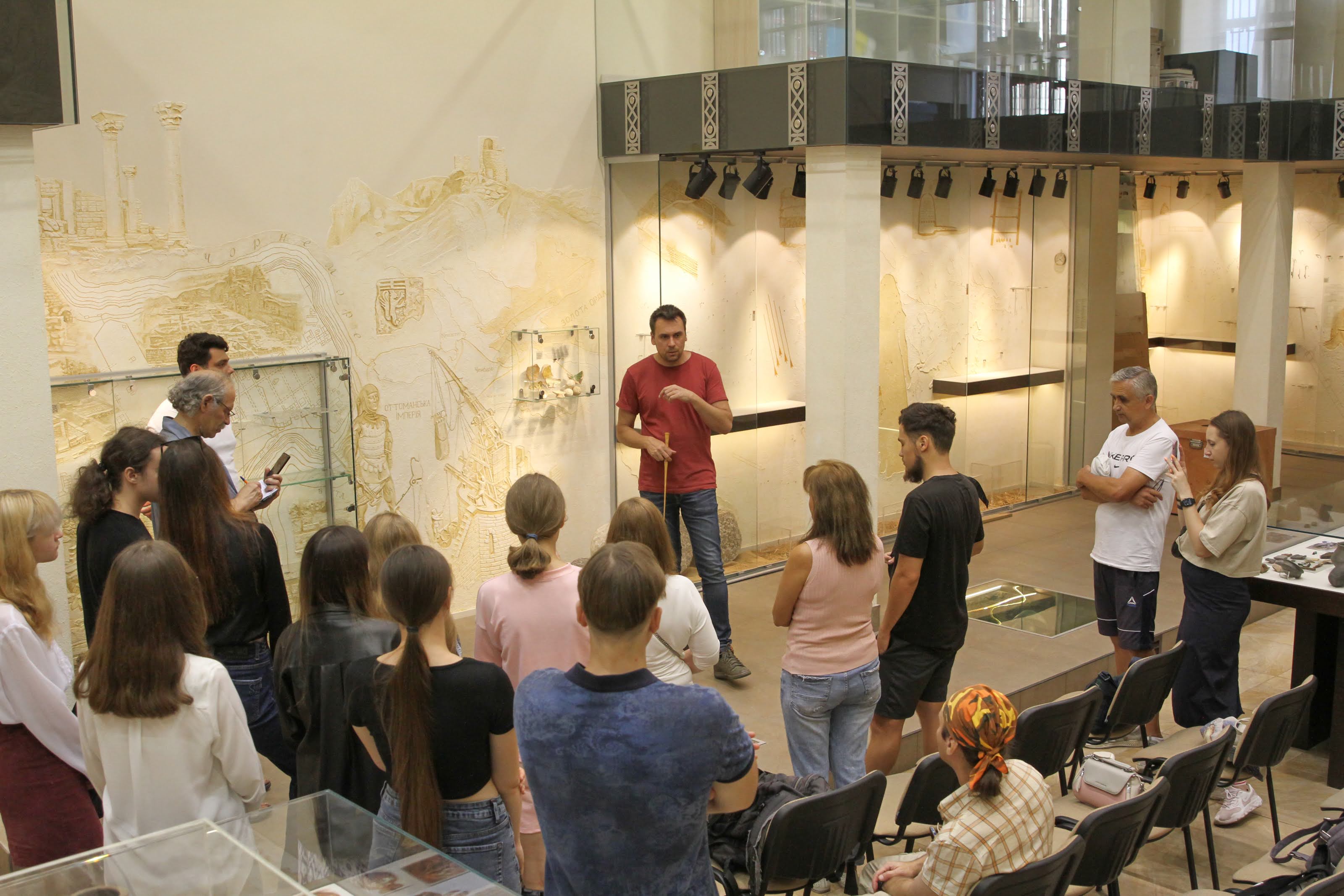
At the end, participants attended an open lecture by Oleksandr Savchuk, a candidate of philosophical sciences, publisher, and expert in Ukrainian studies, titled "The State and the Artist: Vasyl Krychevsky."
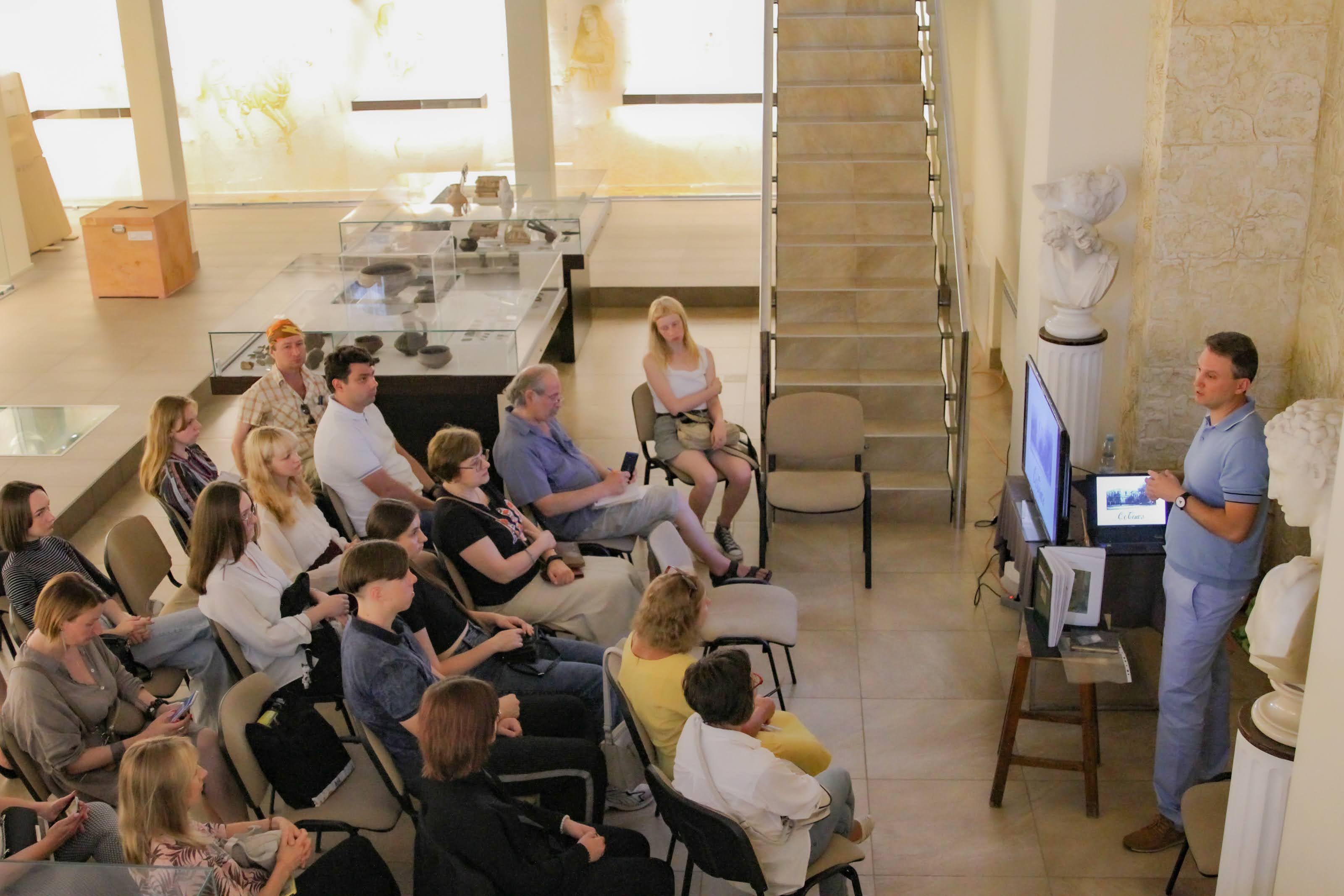
The lecture explored the life journey of Vasyl Krychevsky and his cultural heritage. They also discussed that independence is constructed not only through politics but also through culture.
Karazin University — with Ukraine at heart!



.jpg)
%20(1).jpg)
.png)
.png)
